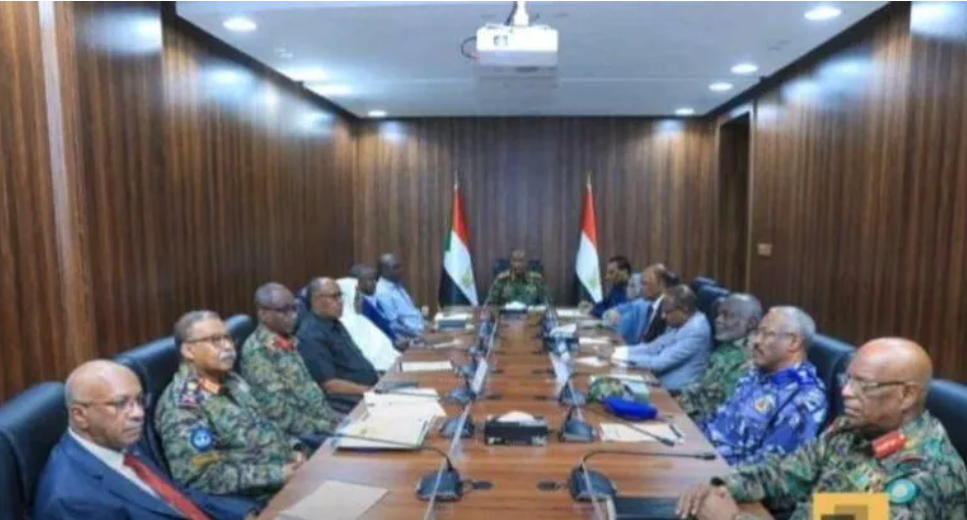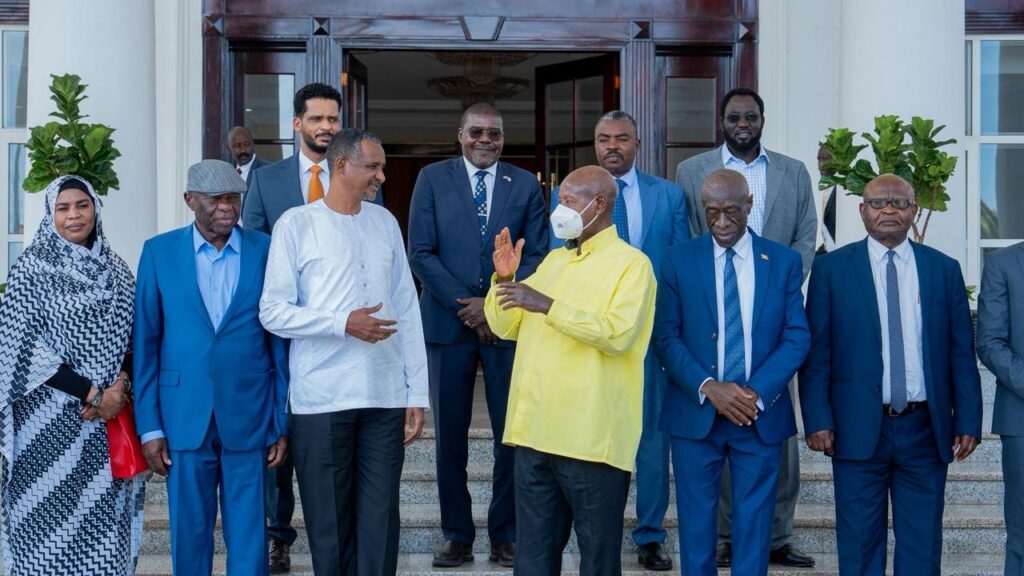
Sudanese media outlets have reported the resignation of Defence Minister Lt Gen Hassan Dawood Kabron, following his unexplained absence from Tuesday’s meeting of the Security and Defence Council in Port Sudan, a meeting he was officially meant to chair.
The Sudanese News website, citing unnamed sources, said the minister had stepped down more than two weeks ago. His absence from such a critical session, the report noted, strengthens the belief that his resignation was submitted earlier but has been kept quiet amid an intensifying internal struggle within the council. According to the sources, the council is increasingly dominated by civilian and military figures aligned with the Islamic Movement, while other members are being sidelined.
Kabron’s absence led to the foreign minister being tasked with presenting the council’s statement, an unusual move that observers say reflects growing disarray within the military and political structure in Port Sudan.
As of 13:00 GMT, neither Kabron nor the Port Sudan administration had issued any official comment.
The developments come as international warnings continue to mount over the deepening humanitarian crisis caused by the conflict. Around 21 million people are facing severe food insecurity, while more than 20 million require urgent healthcare amid the spread of cholera and dengue fever.
An estimated 11.5 million people are displaced within Sudan, and more than four million have fled to neighbouring countries, pushing the total number of people in need of immediate support to about 21 million.
Analysts say one of Sudan’s core challenges is that the decision to continue the war no longer lies with SAF chief Abdel Fattah al Burhan, but with the Muslim Brotherhood movement. They argue that both Burhan and Brotherhood-aligned figures are resisting any settlement that might exclude them from post-war politics, especially as international pressure grows to designate the Brotherhood as a terrorist organisation. In their view, prolonging the conflict is the only way for them to maintain influence.
Former prime minister Abdalla Hamdok echoed similar concerns. In a post on X, he warned that Sudan “cannot afford a return to the dark legacy of the Islamist factions that controlled the state for decades and dragged the nation into endless conflict.”
Hamdok added that ideological forces embedded within the military leadership are fuelling the current war, blocking peace efforts and resisting the Quartet framework led by the UAE, Saudi Arabia, Egypt and the US. He called for an immediate, unconditional ceasefire, affirming that the Sudanese people deserve “a civil and democratic state free from extremism and the destructive politics of the past.”




